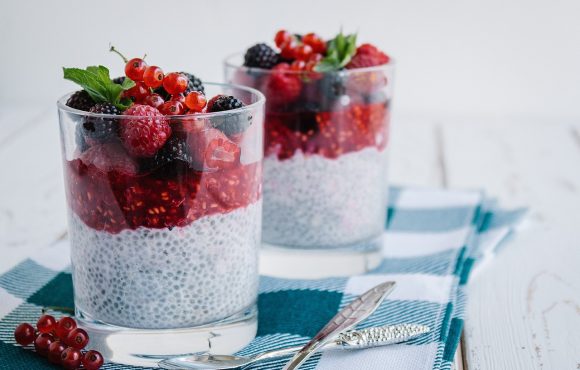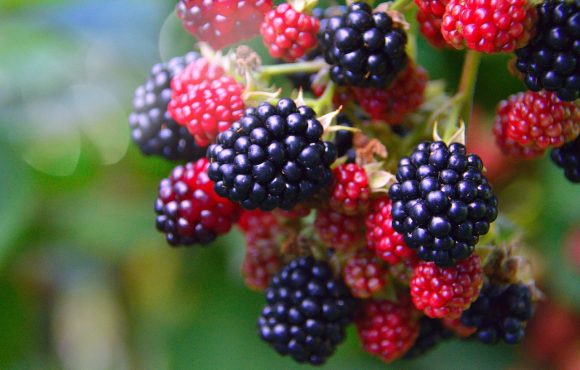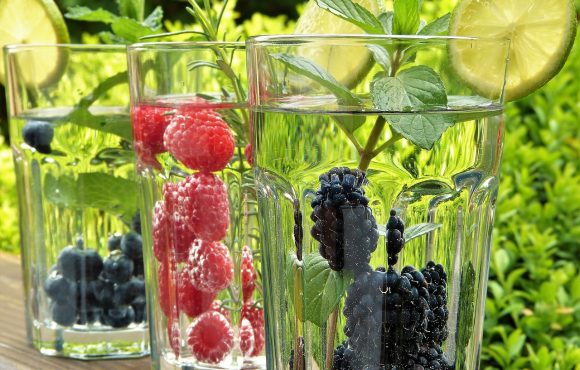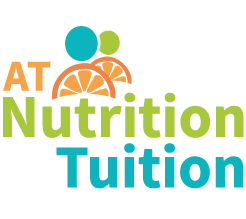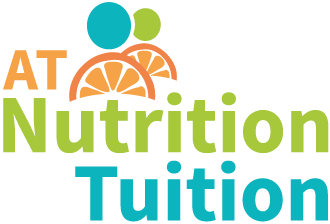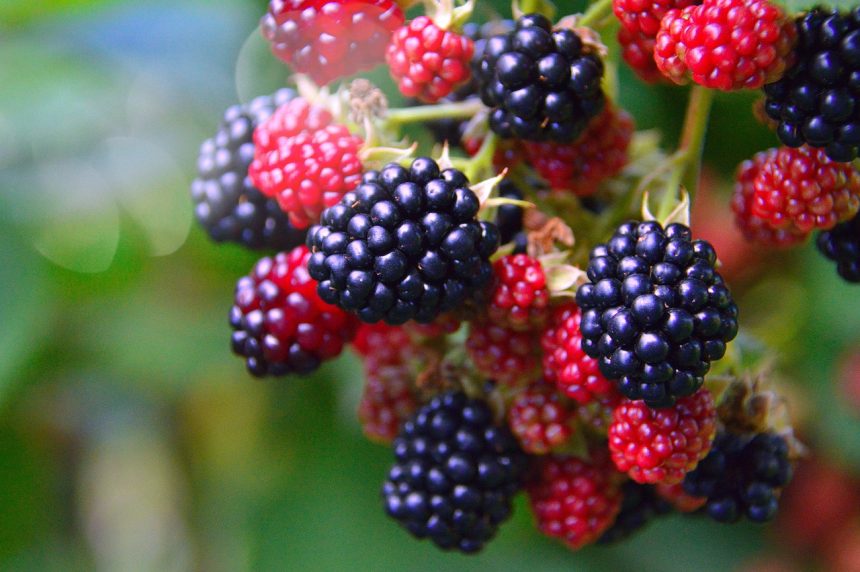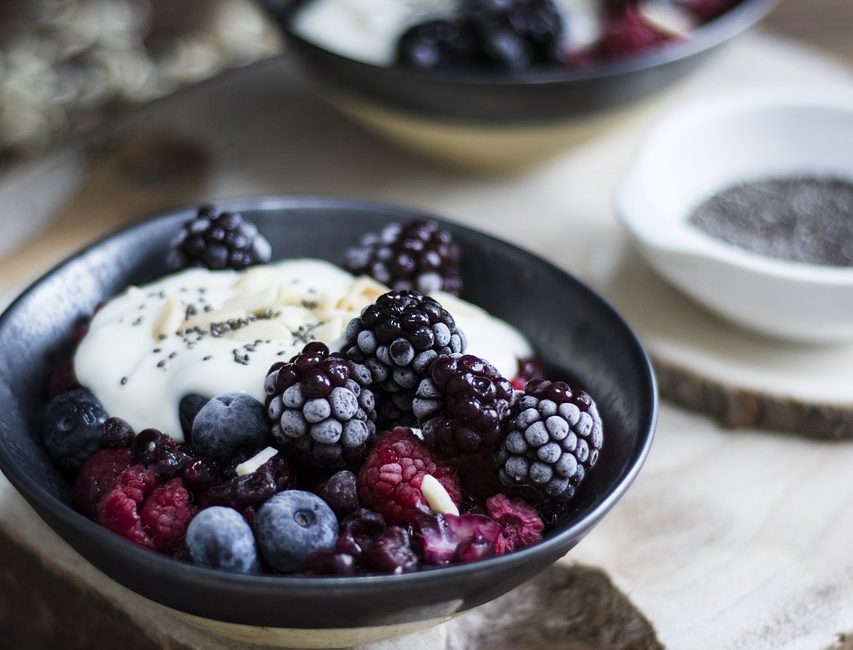 The abundance of blackberry bushes in our local fields inspires this piece on the health benefits of blackberries (well, many berries really, read on …)
The abundance of blackberry bushes in our local fields inspires this piece on the health benefits of blackberries (well, many berries really, read on …)
These little blackberries for example contain natural colour pigments called anthocyanidins, they give fruit that dark purple, blue or blackish colouring. These colourful pigments in plants are types of polyphenols which are seen as the ‘newer kids on the block’ in nutrition science. They give the rainbow of colours in vegetables, fruit and spices like the red in red peppers, the orange in carrots, etc. The building blocks of the nutrient family of course includes protein (including essential proteins), fats (ideally healthy fats), carbohydrates (ideally slow-release carbos or indigestible fibres), vitamins, minerals, water, etc. all of which have been shown to play a vital part in maintaining good health, repair and preventing many diseases. Now these polyphenols/colour pigments have also been shown to support good health. Together with other nutrients, their super-smart main antioxidant function is to combat cell ageing and protect the plant cells from ‘rusting’ or ageing too quickly by the elements. So by eating blackberries frequently, we are borrowing this technology from plants which have cleverly worked out how to protect themselves from harsh conditions in their natural environment (meaning of course they don’t have snug houses, water-on-tap or mobility to run away from danger or diseases).
More about polyphenols
The consumption of foods rich in polyphenols is associated with a lower risk of some conditions derived from cellular degeneration. Strong scientific evidence shows the role played by these colour pigments in blackberries, blueberries, strawberries and other berry fruits in maintaining brain health, for example. Together with other dietary nutrients, they appear critical for long-term brain structure and function. For those of you who are interested in nutrition and brain health, here is an easily-accessible review of a scientific paper on 7 nutrients important for brain health on the well-respected independent Food and Behaviour (or FAB) website.
“An increasingly robust body of research points to the detrimental effect of unhealthy diets and nutrient deficiencies, and to the protective value of healthy diets – along with select nutritional supplements as required – for maintaining and promoting mental health.”
Ways to use blackberries in your kitchen
After harvesting some blackberries when they are ripe (and, if not gobbled-up immediately, storing some in the freezer to use over the next few months), I like adding a handful of blackberries to smoothies with organic natural yogurt, protein powder and pre-softened chia seeds with nutmeg: or with stewed and cooled apples and cinnamon. Yum!!
